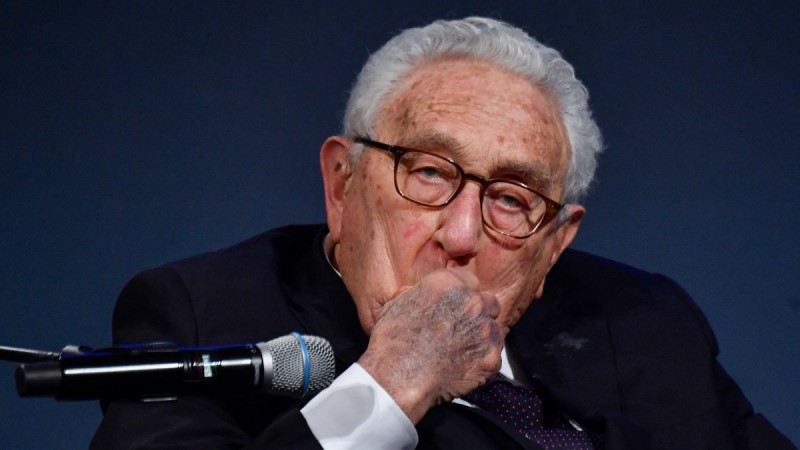Kissinger is perhaps the only Nobel Peace Prize winner who brought more peace after winning the prize than before.
Henry Kissinger, who lived a long life of exceptional importance in the world of diplomacy and ideas, celebrates his hundredth birthday on May 27.
Fleeing Nazi Germany, Kissinger arrived in the United States in 1938 as a bookish teenager with no prospects. Thirty years later, he directed American foreign policy, first as national security adviser and then as the emblematic secretary of state for two presidents, Richard M. Nixon and Gerald R. Ford. In 1973, he shared the Nobel Peace Prize.
During his four years as secretary of state, he helped end America's most controversial war, separated China from Russia, and redrawn the borders of some nation-states. His books continue to top the bestseller lists and attract the attention of leaders and thinkers worldwide. Decades after he left office, he continues to be consulted by CEOs, presidential candidates and TV channels.
We can thank Kissinger for the famous policy of appeasement with the Soviet Union. For the first time, the United States and the Soviet Union agreed to significantly slow down the nuclear arms race. As a result, many regional conflicts have eased and we have avoided nuclear war.Kissinger is perhaps the only Nobel Peace Prize winner who brought more peace after winning the prize than before.
His successes made him a diplomat of historic importance. His diplomacy proved unparalleled in American history, and perhaps even in Israel. Kissinger left his mark on the twentieth century.
According to him, even though prophets have "the most passionate vision", he preferred statesmen because they recognize the realities and are able to appreciate even the smallest successes, moving step by step.
Unfortunately, the current political climate does not encourage the emergence of leaders like Kissinger. No politician can tweet or post a vision that gives him statesmanlike status. Instead, as Kissinger writes, a careful study of history makes one a leader.All democracies suffer from the same disease:
they are crippled by an intellectually vacuous political class more obsessed with opinion polls and social networks than with social visions.
And it's a problem that even short-term thinkers have to consider.
Yet how could America continue to lead the world without leaders who can combine theory with pragmatism as Kissinger did?
Featured image: John MACDOUGALL / AFP












